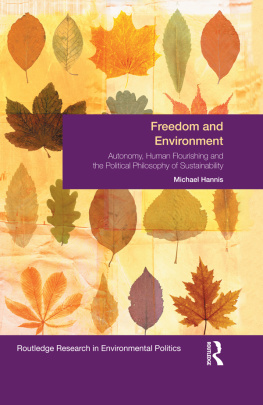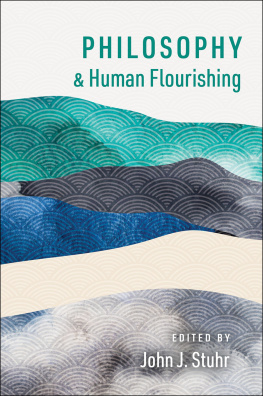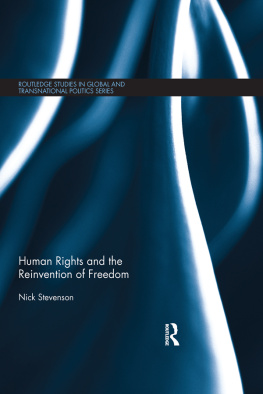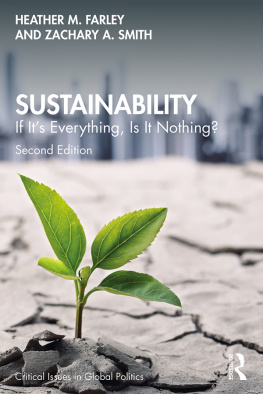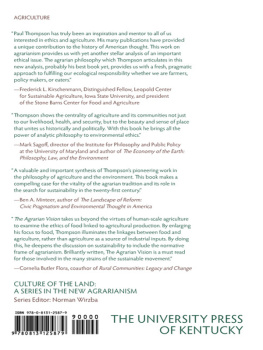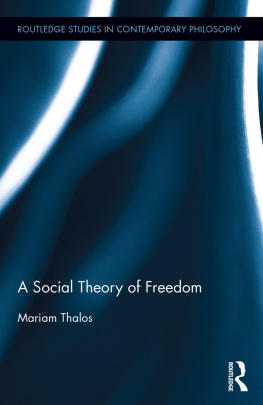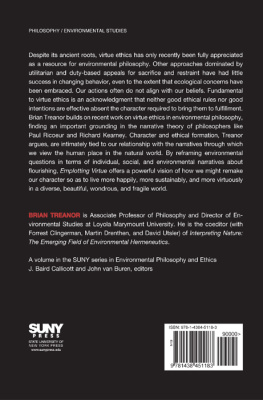Freedom and Environment
Must freedom be sacrificed to achieve ecological sustainability or vice versa? Can we be genuinely free and live in sustainable societies? This book argues that we can, if we recognise and celebrate our ecological embeddedness, rather than seeking to transcend it.
But this does not mean freedom can simply be redefined to fit within ecological limits. Addressing current unsustainability will involve significant restrictions, and hence will require political justification, not just scientific evidence.
Drawing on material from perfectionist liberalism, capabilities approaches, human rights, relational ethics and virtue theory, Michael Hannis explores the relationship between freedom and sustainability, considering how each contributes to human flourishing. He argues that a substantive and ecologically literate conception of human flourishing can underpin both capability-based environmental rights and a eudaimonist ecological virtue ethics. With such a foundation in place, public authorities can act both to facilitate ecological virtue and to remove structural incentives to ecological vice.
Freedom and Environment is a lucid addition to existing literature in environmental politics and virtue ethics, and will be an excellent resource to those studying debates about freedom with debates about ecological sustainability.
Michael Hannis holds research fellowships at Bath Spa University (School of Society, Enterprise and Environment) and Keele University, UK. He works at the intersection of ethics, politics and philosophy, exploring conceptions of sustainability, land use issues and environmental virtue ethics.
Environmental Politics/Routledge Research in Environmental Politics
Edited by Steve Vanderheiden
University of Colorado at Boulder
Over recent years environmental politics has moved from a peripheral interest to a central concern within the discipline of politics. This series aims to reinforce this trend through the publication of books that investigate the nature of contemporary environmental politics and show the centrality of environmental politics to the study of politics per se. The series understands politics in a broad sense and books will focus on mainstream issues such as the policy process and new social movements as well as emerging areas such as cultural politics and political economy. Books in the series will analyse contemporary political practices with regards to the environment and/or explore possible future directions for the greening of contemporary politics. The series will be of interest not only to academics and students working in the environmental field, but will also demand to be read within the broader discipline.
The series consists of two strands:
Environmental Politics addresses the needs of students and teachers, and the titles will be published in paperback and hardback. Titles include:
Global Warming and Global Politics
Matthew Paterson
Politics and the Environment
James Connelly and Graham Smith
International Relations Theory and Ecological Thought
Towards a synthesis
Eric Laferrire and Peter Stoett
Planning Sustainability
Edited by Michael Kenny and James Meadowcroft
Deliberative Democracy and the Environment
Graham Smith
EU Enlargement and the Environment
Institutional change and environmental policy in Central and Eastern Europe
Edited by JoAnn Carmin and Stacy D. VanDeveer
The Crisis of Global Environmental Governance
Towards a new political economy of sustainability
Edited by Jacob Park, Ken Conca and Matthias Finger
Routledge Research in Environmental Politics presents innovative new research intended for high-level specialist readership. These titles are published in hardback only and include:
1. The Emergence of Ecological Modernisation
Integrating the environment and the economy?
Stephen C Young
2. Ideas and Actions in the Green Movement
Brian Doherty
3. Russia and the West
Environmental cooperation and conflict
Geir Hnneland
4. Global Warming and East Asia
The domestic and international politics of climate change
Edited by Paul G. Harris
5. Europe, Globalization and Sustainable Development
Edited by John Barry, Brian Baxter and Richard Dunphy
6. The Politics of GM Food
A comparative study of the UK, USA and EU
Dave Toke
7. Environmental Policy in Europe
The Europeanization of national environmental policy
Edited by Andrew Jordan and Duncan Liefferink
8. A Theory of Ecological Justice
Brian Baxter
9. Security and Climate Change
International relations and the limits of realism
Mark J. Lacy
10. The Environment and International Politics
International fisheries, Heidegger and social method
Hakan Seckinelgin
11. Postmodern Climate Change
Leigh Glover
12. Contemporary Environmental Politics
From margins to mainstream
Edited by Piers H.G. Stephens, with John Barry and Andrew Dobson
13. Sustainable Consumption, Ecology and Fair Trade
Edited by Edwin Zacca
14. Environmental Governance in China
Edited by Neil Carter and Arthur P. J. Mol
15. Global Justice and Neoliberal Environmental Governance
Ethics, sustainable development and international cooperation
Chukwumerije Okereke
16. The Politics of Unsustainability
Eco-politics in the post-ecologist era
Ingolfur Blhdorn and Ian Welsh
17. International Organizations in Global Environmental Governance
Edited by Frank Biermann, Bernd Siebenhner and Anna Schreygg
18. Regulation Theory and Sustainable Development

